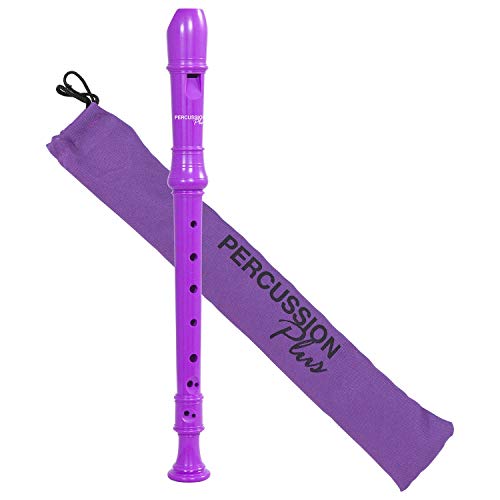Regular Cleaning and Maintenance for Your Recorder
Maintaining your recorder is essential not just for its longevity, but also for ensuring optimal sound quality. With proper care and regular maintenance, you can keep your recorder in top condition for years to come. Here are some recorder maintenance tips to help you keep your instrument in great shape.
Clean your recorder after each use
One of the most important maintenance tasks is cleaning your recorder after each use. This is especially important if you play regularly or if you have been playing for an extended period. Cleaning your instrument will prevent build-up of dirt, oils, and moisture that can affect its sound quality and playability.
To clean your recorder, disassemble it into its components. Use a soft, lint-free cloth to wipe down each piece, including the body, head joint, foot joint, and keys. You can also use a small amount of mild soap and water to clean the body and keys if necessary. Be sure to dry each piece thoroughly to prevent moisture damage.
Avoid exposing your recorder to extreme temperatures
Exposure to extreme temperatures can cause damage to your recorder. Avoid leaving your instrument in direct sunlight, especially in hot weather. Extreme heat can warp the wood or plastic material and affect the tuning and overall stability of the instrument. On the other hand, exposure to extreme cold can also cause cracking or shrinkage.
If you need to store your recorder for an extended period, find a cool and dry location, away from direct sunlight or heating vents. This will help preserve the life of your instrument.
Regularly oil the recorder
Oiling your recorder is an important step in maintaining its performance and preventing key sticking. Use silicone oil or recorder oil to lubricate the joints and keys of your instrument. Apply a small drop of oil to the joints, then gently work the keys to distribute the oil evenly. Wipe away any excess oil with a soft cloth.
Regular oiling will keep the keys moving smoothly and prevent friction that can cause them to stick. It is advisable to oil your recorder every few weeks, or as needed depending on your usage and the climate you live in.
Store your recorder in a protective case
A quality recorder case is essential for protecting your instrument from damage during storage or transport. A well-padded case will help prevent scratches, dents, and other physical damage. It will also protect your recorder from dust and moisture when not in use.
When storing your recorder in its case, disassemble it into its components and place each piece in its designated slot or compartment. Close the case securely to ensure the instrument is fully protected.
Schedule regular professional maintenance
While regular cleaning and maintenance are important, it is also beneficial to have your recorder professionally serviced on a regular basis. A professional technician will be able to identify and address any potential issues that may not be obvious to the average player. They can also perform adjustments and repairs to ensure your instrument is in optimal playing condition.
Scheduling a professional service every 6-12 months is recommended, especially if you play your recorder frequently or if you notice any changes in its sound or performance.






